Home>Articles>How Long Do Pickled Eggs Last In The Refrigerator


Articles
How Long Do Pickled Eggs Last In The Refrigerator
Modified: October 20, 2024
Learn about the shelf life of pickled eggs in the fridge with our informative article. Find out how long they last and ensure food safety.
(Many of the links in this article redirect to a specific reviewed product. Your purchase of these products through affiliate links helps to generate commission for Storables.com, at no extra cost. Learn more)
Introduction
Pickled eggs are a popular and versatile snack option that adds a unique tangy flavor to any meal. Whether you enjoy them as a standalone appetizer or as a tasty addition to salads or sandwiches, pickled eggs have become a staple in many households. However, like any food item, it’s essential to understand their shelf life and proper storage methods to ensure their freshness and quality.
In this article, we will explore the factors that affect the shelf life of pickled eggs, how to store them properly, and signs of spoilage. We will also answer the burning question: “How long do pickled eggs last in the refrigerator?” So, if you’re a pickled egg enthusiast or someone curious about trying them, buckle up as we dive into the fascinating world of pickled eggs.
Key Takeaways:
- Proper storage, including refrigeration, airtight containers, and submerging eggs in brine, can extend the shelf life of pickled eggs, ensuring their freshness and safety for consumption.
- Regular inspection for signs of spoilage, such as odor, texture changes, mold, and cloudy brine, is crucial to maintaining the quality and safety of pickled eggs. When in doubt, discard to avoid potential health risks.
Factors Affecting the Shelf Life of Pickled Eggs
Several factors influence the shelf life of pickled eggs. Understanding these factors will help you determine how long your pickled eggs will remain fresh and safe to consume.
1. Quality of Ingredients: The quality of the eggs and pickling brine used is crucial in determining the shelf life of pickled eggs. Fresh, high-quality eggs are less likely to spoil quickly. Additionally, using fresh and properly preserved ingredients in the pickling brine, such as vinegar and spices, can help extend the shelf life.
2. Pickling Method: The method and recipe used to pickle the eggs can also impact their shelf life. Properly following a tested recipe and ensuring that the eggs are fully submerged in the brine is essential to prevent bacterial growth. Improper pickling techniques may result in quicker spoilage.
3. Storage Temperature: The temperature at which pickled eggs are stored plays a significant role in their shelf life. It is crucial to keep pickled eggs consistently refrigerated at temperatures below 40°F (4°C). Fluctuations in temperature can promote bacterial growth and lead to spoilage.
4. Storage Container: The type of container used to store pickled eggs can affect their shelf life. It is recommended to use glass jars with airtight lids to maintain freshness and prevent exposure to air or contaminants.
5. Proper Sealing: Ensuring that the storage container is properly sealed is essential. Airtight lids or seals prevent air from entering the container, which can accelerate spoilage.
6. Cross-Contamination: Avoiding cross-contamination is crucial to maintaining the quality and shelf life of pickled eggs. Make sure to use clean utensils when handling the eggs and brine, and do not introduce any contaminants into the container.
By considering these factors and following proper storage procedures, you can maximize the shelf life of your pickled eggs and enjoy their delicious flavor for an extended period.
How to Properly Store Pickled Eggs
Proper storage is key to maintaining the freshness and flavor of pickled eggs. Follow these guidelines to ensure that your pickled eggs stay delicious and safe to consume:
1. Refrigerate Immediately: After pickling the eggs, allow them to cool to room temperature, and then promptly transfer them to the refrigerator. This helps to inhibit bacterial growth and maintain the integrity of the eggs.
2. Use a Glass Container: Store the pickled eggs in a clean, glass container with an airtight lid. Glass containers are non-reactive and help prevent any odors or flavors from transferring to the eggs. Ensure that the container is thoroughly washed and sanitized before use.
3. Fully Submerge in Brine: When transferring the eggs to the storage container, make sure they are fully submerged in the pickling brine. This helps to preserve their texture and flavor. If any eggs are exposed to air, they may spoil faster.
4. Label and Date: To keep track of the shelf life, it’s a good practice to label the pickled egg container with the date they were made. This can help you determine their freshness and consume them within a reasonable time frame.
5. Store in the Refrigerator: Pickled eggs should always be stored in the refrigerator at a temperature below 40°F (4°C). The cold temperature helps to inhibit bacterial growth and prolong the shelf life of the eggs. Avoid storing them in the refrigerator door, as the temperature there tends to fluctuate more.
6. Avoid Contamination: To prevent cross-contamination, always use clean utensils when handling the pickled eggs. Avoid introducing any foreign matter into the container, as it can lead to spoilage. If any eggs appear discolored or show signs of mold, dispose of them immediately.
Following these steps will ensure that your pickled eggs remain fresh, flavorful, and safe to consume for an extended period. Remember to periodically check the container for any signs of spoilage and discard any eggs that have gone bad.
Signs of Spoiled Pickled Eggs
While pickled eggs have a decent shelf life when stored properly, there is still a chance that they may spoil. Here are some signs to look out for to determine if your pickled eggs have gone bad:
1. Foul Odor: One of the most apparent signs of spoilage in pickled eggs is a strong and unpleasant odor. If you notice a foul or off-putting smell coming from the container, it is likely that the eggs have spoiled. Trust your sense of smell and discard any eggs that emit a disagreeable odor.
2. Change in Texture or Color: Visually inspect the pickled eggs for any changes in texture or color. If the eggs appear slimy, mushy, or discolored, it is a clear indication of spoilage. Fresh pickled eggs should have a firm texture and a consistent color throughout.
3. Mold Growth: Mold growth is a clear sign that the pickled eggs have spoiled and should not be consumed. If you notice any fuzzy patches or growth of mold on the surface of the eggs or in the brine, it is best to discard them immediately.
4. Cloudy Brine: The pickling brine should be clear and transparent. If you observe cloudiness or sediment in the brine, it may indicate bacterial growth or spoilage. Discard the pickled eggs if the brine appears murky or has an unusual texture.
5. Unpleasant Taste: If you notice any unusual or off-tasting flavors when consuming the pickled eggs, it could be a sign of spoilage. Fresh pickled eggs should have a tangy and slightly acidic taste. Any bitter, rancid, or unpleasant flavors should be taken as a warning that the eggs have gone bad.
It’s important to note that consuming spoiled pickled eggs can lead to foodborne illnesses. If you have any doubts about the quality or freshness of the eggs, it is better to err on the side of caution and discard them to avoid potential health risks.
Regularly inspecting the pickled eggs for these signs of spoilage will help you ensure that you’re consuming safe and delicious snacks.
Pickled eggs can last in the refrigerator for up to 1-2 months if stored properly. Make sure to keep them submerged in the pickling liquid and in an airtight container to maintain freshness.
How Long Do Pickled Eggs Last in the Refrigerator?
The shelf life of pickled eggs largely depends on various factors such as the quality of ingredients, pickling method, storage conditions, and proper sanitation practices. When stored correctly in the refrigerator, pickled eggs can typically last for several weeks to a few months.
On average, homemade pickled eggs can stay fresh for about 2 to 4 months when stored in the refrigerator. However, it’s important to note that the quality and taste may gradually decline over time. Commercially canned pickled eggs, on the other hand, may have a longer shelf life of up to 1 year, thanks to their sealed and sterilized packaging.
It’s crucial to adhere to proper storage practices to ensure the longevity of your pickled eggs. The key is to keep them refrigerated at all times, ideally at a temperature below 40°F (4°C). This cold temperature inhibits bacterial growth, thereby reducing the chances of spoilage.
Remember that the integrity of the pickled eggs can be compromised if they are exposed to air or fluctuating temperatures. The eggs should always be fully submerged in the pickling brine and stored in airtight glass containers. This helps to maintain their quality and extend their shelf life.
It’s essential to inspect the pickled eggs periodically for any signs of spoilage, such as a foul odor, changes in texture or color, mold growth, or cloudy brine. If you notice any of these signs, it is best to discard the eggs to avoid any potential health risks.
Keep in mind that the provided timeframe is a general guideline, and the actual shelf life of pickled eggs may vary. Factors such as recipe variations, handling, and storage conditions can influence the longevity of the pickled eggs.
To ensure the best quality and flavor, it is recommended to consume pickled eggs within the first few weeks of preparation. This way, you can enjoy them at their peak freshness. If you have concerns about the safety or freshness of your pickled eggs, it’s better to err on the side of caution and discard them.
By following proper storage practices and monitoring the signs of spoilage, you can enjoy delicious pickled eggs that are safe for consumption.
Read more: How Long Do Eggs Last In The Freezer
Extending the Shelf Life of Pickled Eggs
If you want to maximize the shelf life of your pickled eggs and enjoy them for an extended period, here are some tips to help you achieve that:
1. Properly Cook the Eggs: Ensure that the eggs are fully cooked before pickling them. Undercooked eggs may spoil more quickly and can increase the risk of foodborne illnesses. Follow a reliable recipe and cooking method to ensure the eggs are cooked thoroughly.
2. Use Fresh and High-Quality Ingredients: Start with fresh and high-quality eggs and use fresh and properly preserved ingredients in the pickling brine. Fresh eggs have a lower risk of spoilage, and high-quality ingredients contribute to better preservation and flavor.
3. Follow a Tested Pickling Recipe: It’s crucial to follow a tested and reliable pickling recipe. This ensures that the right balance of vinegar, spices, and other ingredients are used to achieve optimal taste and preservation. Look for reputable sources or consult trusted canning and pickling guides for tested recipes.
4. Maintain Proper Refrigeration: Store the pickled eggs in the refrigerator at temperatures below 40°F (4°C). Keep the eggs in the main part of the refrigerator rather than the door, as the temperature fluctuates less there. Consistent refrigeration inhibits bacterial growth and helps preserve the quality of the pickled eggs.
5. Practice Good Sanitation: To prevent cross-contamination and bacterial growth, ensure good sanitation practices. Use clean utensils and thoroughly wash and sanitize the storage container before filling it with the pickled eggs. Avoid introducing any contaminants into the container.
6. Keep Eggs Submerged in Brine: When storing the pickled eggs, make sure they are fully submerged in the pickling brine. This helps prevent bacterial contamination and maintains the quality of the eggs. If any eggs float to the top, gently press them down or add more brine to cover them.
7. Rotate the Eggs: If you have multiple batches of pickled eggs, it’s a good idea to rotate them. Consume the older batches first while keeping the fresh batches for later. This way, you can enjoy the pickled eggs at their best quality and taste.
By following these practices, you can extend the shelf life of your pickled eggs and enjoy their flavor for a longer period. Remember to monitor the eggs for any signs of spoilage, and discard any eggs that show signs of being unsafe to consume.
While pickled eggs do have a limited shelf life, proper storage and careful monitoring can help you savor these tangy and delicious treats for an extended period.
Frequently Asked Questions (FAQs)
Here are some commonly asked questions about pickled eggs:
1. Are pickled eggs safe to eat?
When prepared and stored properly, pickled eggs are safe to eat. The acidity of the pickling brine helps inhibit bacterial growth and preserve the eggs. However, it’s essential to follow proper sanitation practices and monitor the eggs for any signs of spoilage to ensure their safety.
2. Can I reuse the pickling brine?
Reusing pickling brine is generally not recommended. Once the brine has been used to pickle eggs, it may contain bacteria from the eggs, compromising its safety. It’s best to discard the used brine and prepare a fresh batch for subsequent pickling projects.
3. Can I freeze pickled eggs?
It is not recommended to freeze pickled eggs. Freezing can negatively affect the texture and taste of the eggs, leading to a decline in quality. Pickled eggs are best stored in the refrigerator at temperatures below 40°F (4°C).
4. How can I add flavor variations to my pickled eggs?
There are various ways to add flavor variations to your pickled eggs. You can experiment with different spices, herbs, or even flavored vinegars to create unique flavor profiles. Some popular additions include garlic, dill, chili peppers, or even beet juice for a vibrant color. Get creative and tailor your pickling recipe to suit your taste preferences.
5. How long should I wait before consuming freshly pickled eggs?
Freshly pickled eggs benefit from a short period of resting time to allow the flavors to develop. It is recommended to let the pickled eggs sit in the refrigerator for at least one week before consuming them. This allows the flavors to meld together and results in a more satisfying taste.
6. Can I store pickled eggs at room temperature?
No, pickled eggs should always be stored in the refrigerator. Room temperature storage can encourage bacterial growth and increase the risk of spoilage and foodborne illnesses. Refrigeration is necessary to maintain the safety and quality of pickled eggs.
7. Are there any health benefits to eating pickled eggs?
Pickled eggs, like other eggs, are a good source of protein and various essential nutrients. They can be a healthy addition to your diet when consumed in moderation. However, it’s important to keep in mind that pickled eggs also contain sodium, so individuals on a low-sodium diet should consume them in moderation or opt for low-sodium pickling recipes.
These are just a few of the frequently asked questions about pickled eggs. If you have any specific concerns or queries, it’s always best to consult trusted sources or seek advice from food safety experts.
Conclusion
Pickled eggs are a delicious and versatile snack that can add a tangy twist to your meals. By understanding the factors that affect their shelf life, following proper storage practices, and being aware of the signs of spoilage, you can enjoy pickled eggs for an extended period.
Remember to utilize fresh, high-quality ingredients and follow reliable pickling recipes to maximize the shelf life of your pickled eggs. Properly cook and refrigerate the eggs, store them in airtight glass containers, and keep them fully submerged in the pickling brine. This ensures that the eggs stay fresh, flavorful, and safe to consume.
Regularly inspect the pickled eggs for any signs of spoilage, such as foul odor, changes in texture or color, mold growth, or cloudy brine. If you notice any of these signs, it’s best to discard the eggs to avoid any potential health risks.
While the general shelf life of pickled eggs ranges from a few weeks to a few months, it’s recommended to consume them within the first few weeks for the best flavor and quality. For long-term storage, commercially canned pickled eggs can last up to a year.
Continue to practice good sanitation, use proper storage techniques, and follow tested pickling recipes to ensure the safety and longevity of your pickled eggs. And don’t forget to get creative with different flavors and variations to enhance your pickling experience.
By following these guidelines and staying mindful of proper storage and usage practices, you can enjoy the tasty tang of pickled eggs for an extended period, adding a zing to your meals or enjoying them as a satisfying standalone snack.
Frequently Asked Questions about How Long Do Pickled Eggs Last In The Refrigerator
Was this page helpful?
At Storables.com, we guarantee accurate and reliable information. Our content, validated by Expert Board Contributors, is crafted following stringent Editorial Policies. We're committed to providing you with well-researched, expert-backed insights for all your informational needs.
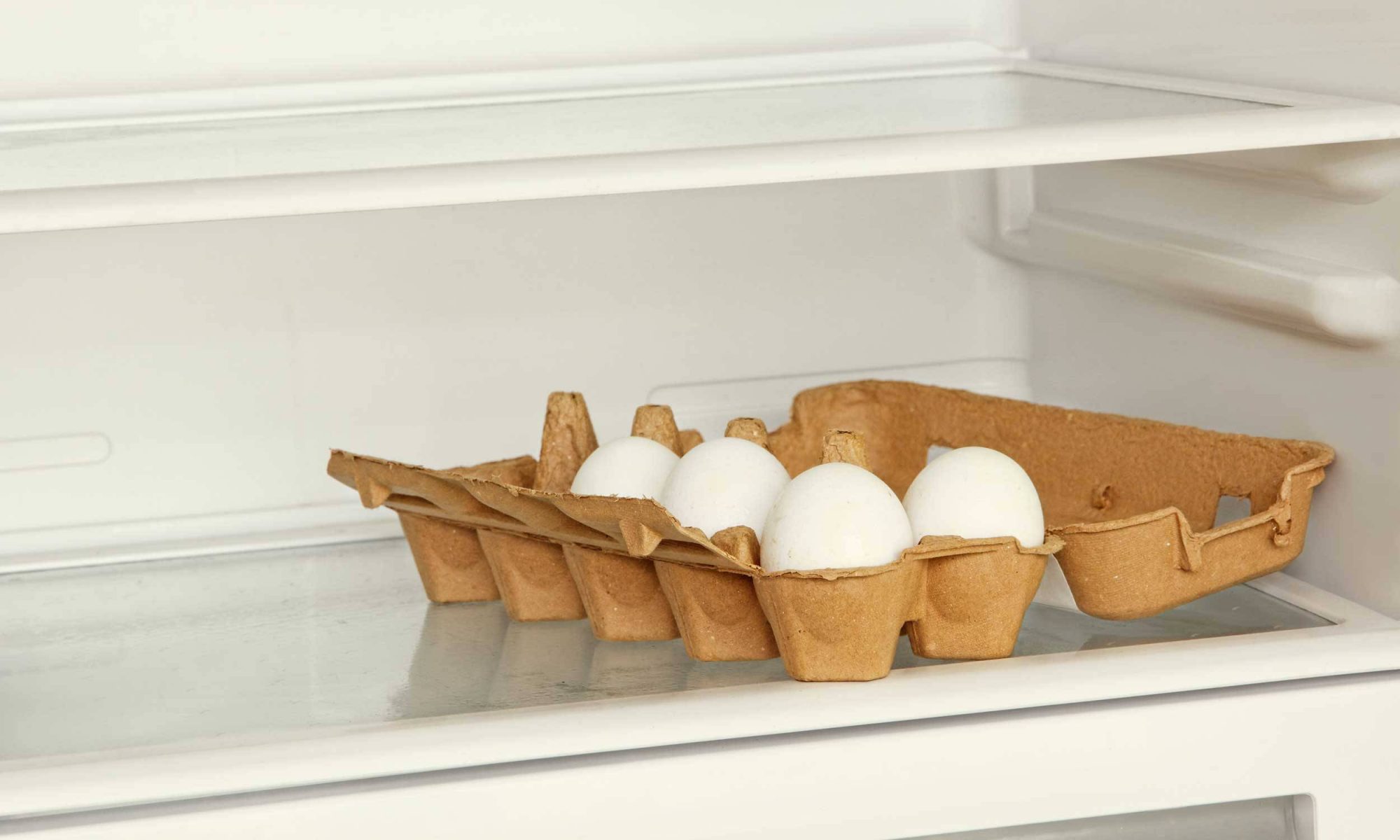
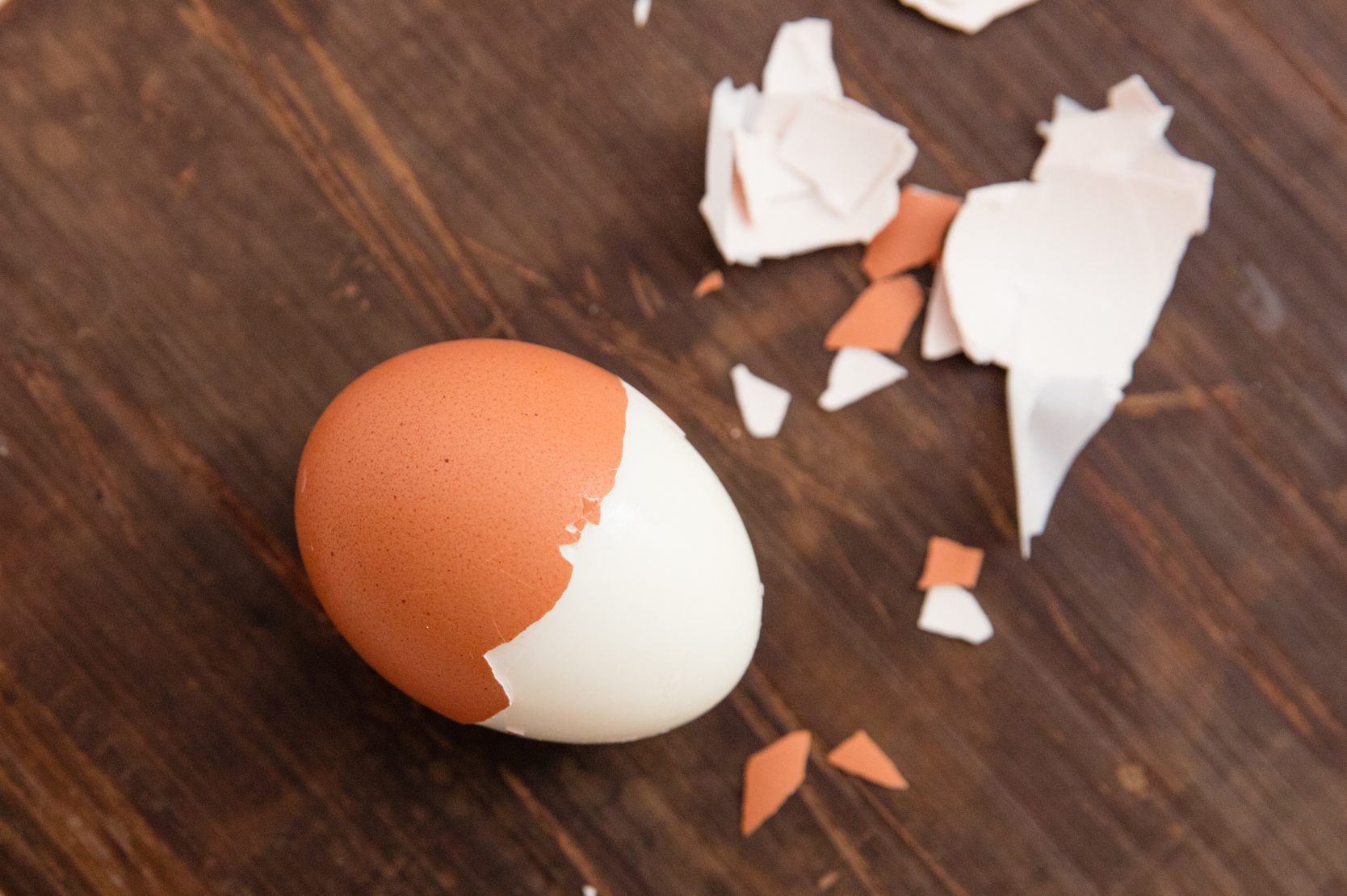
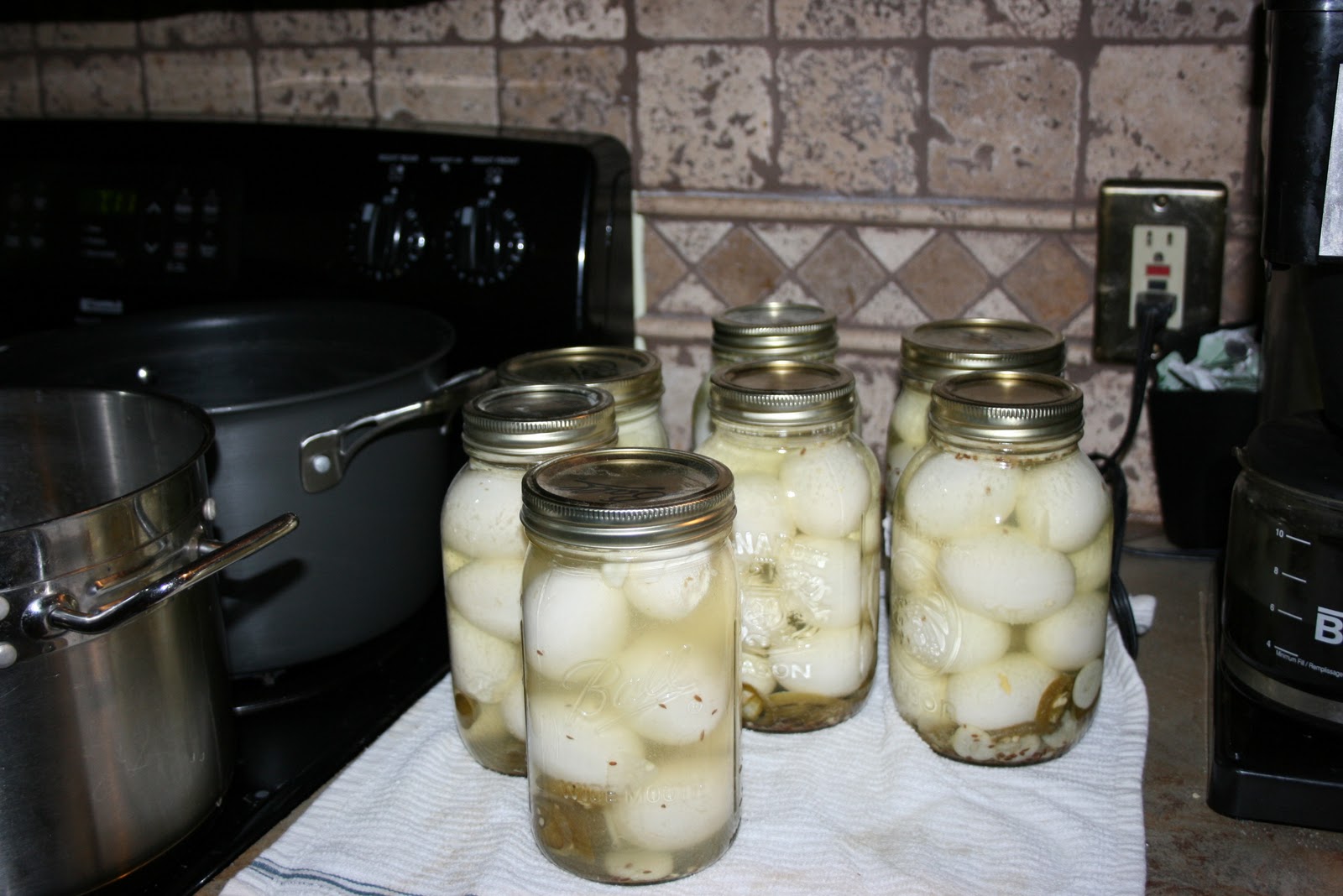
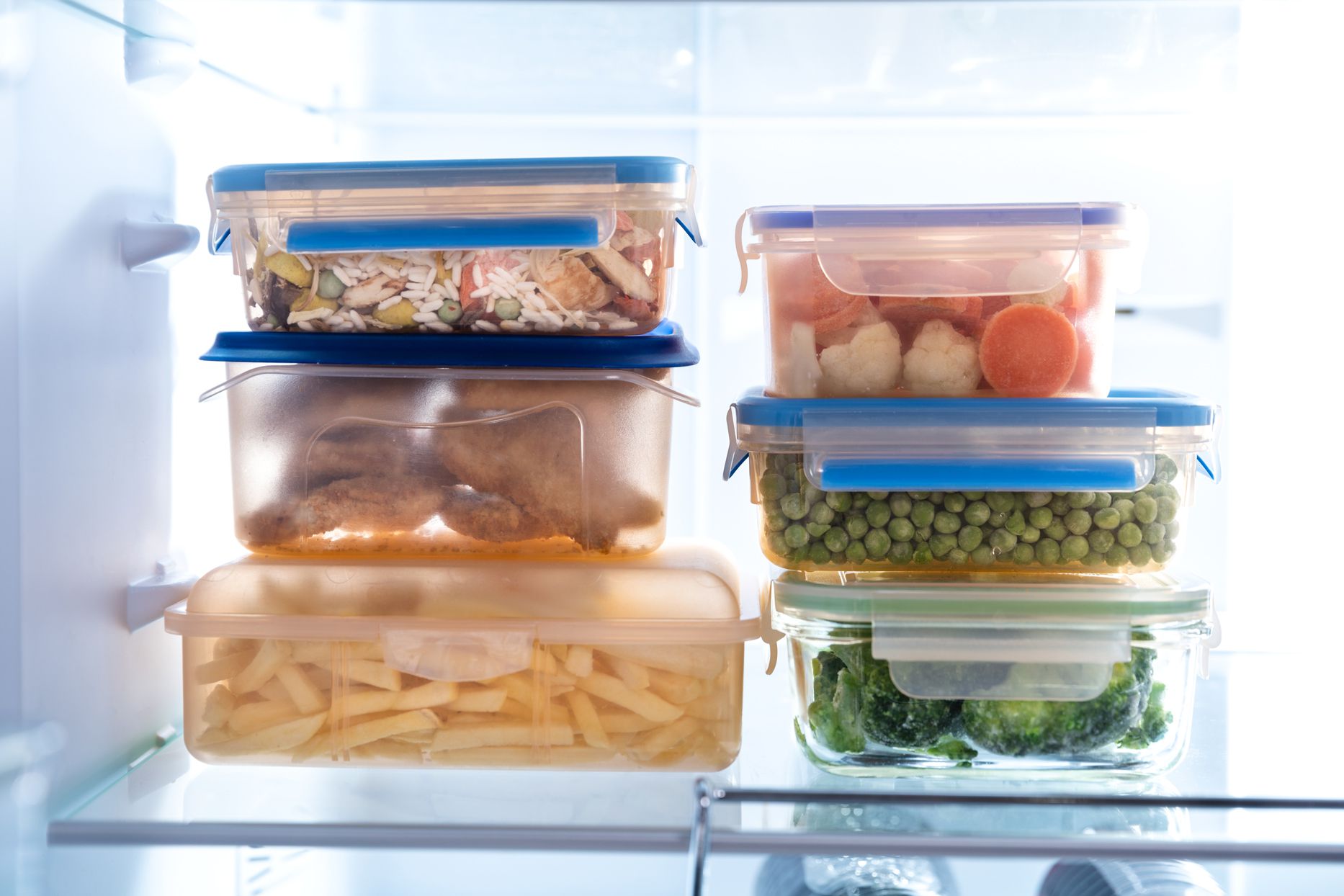

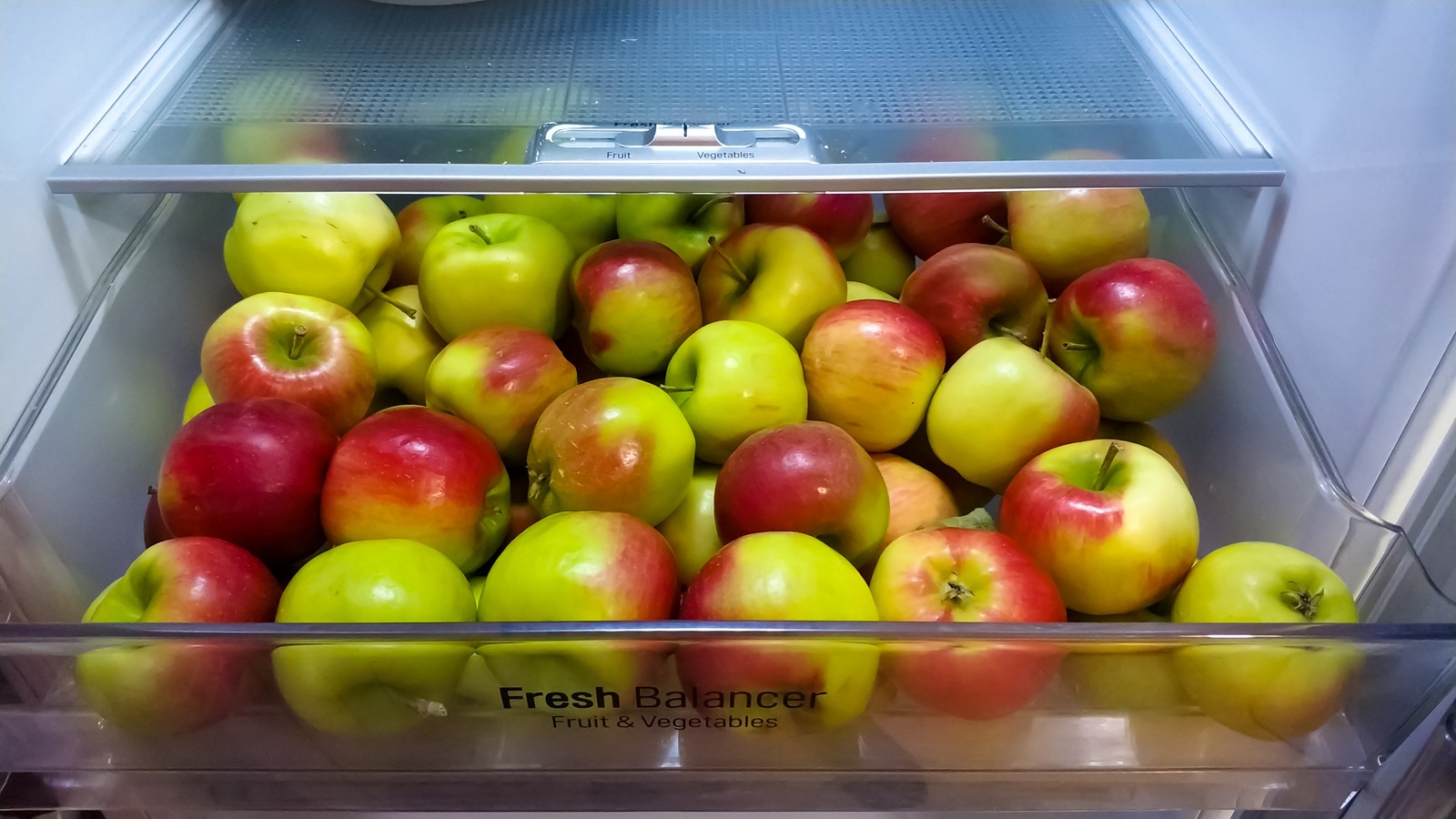


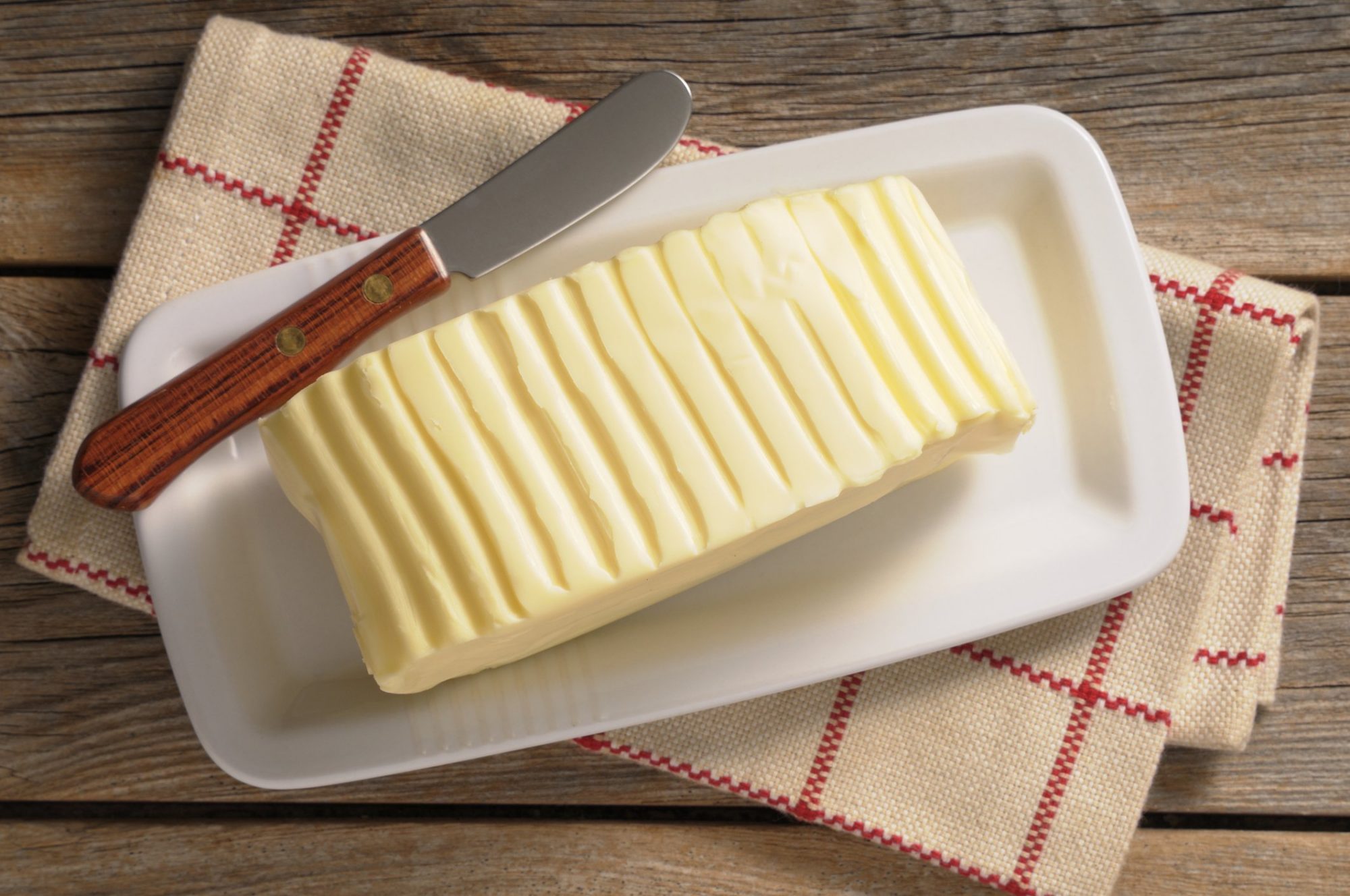
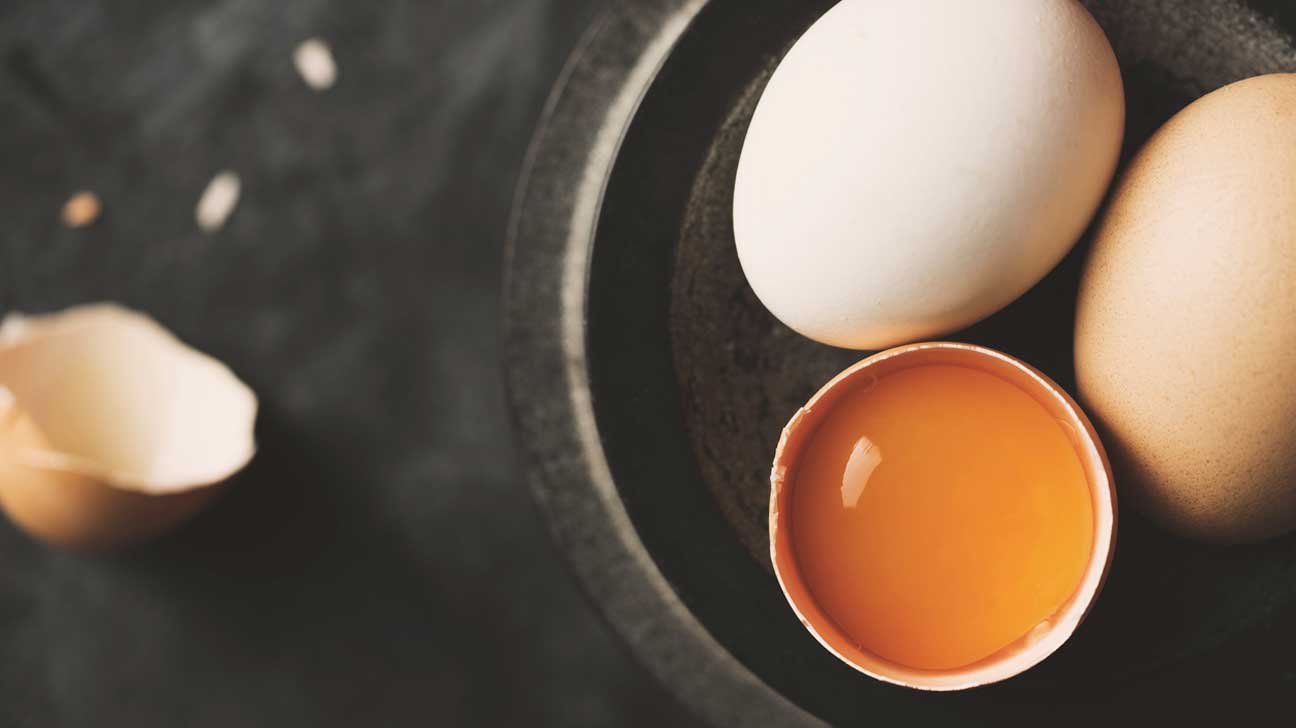
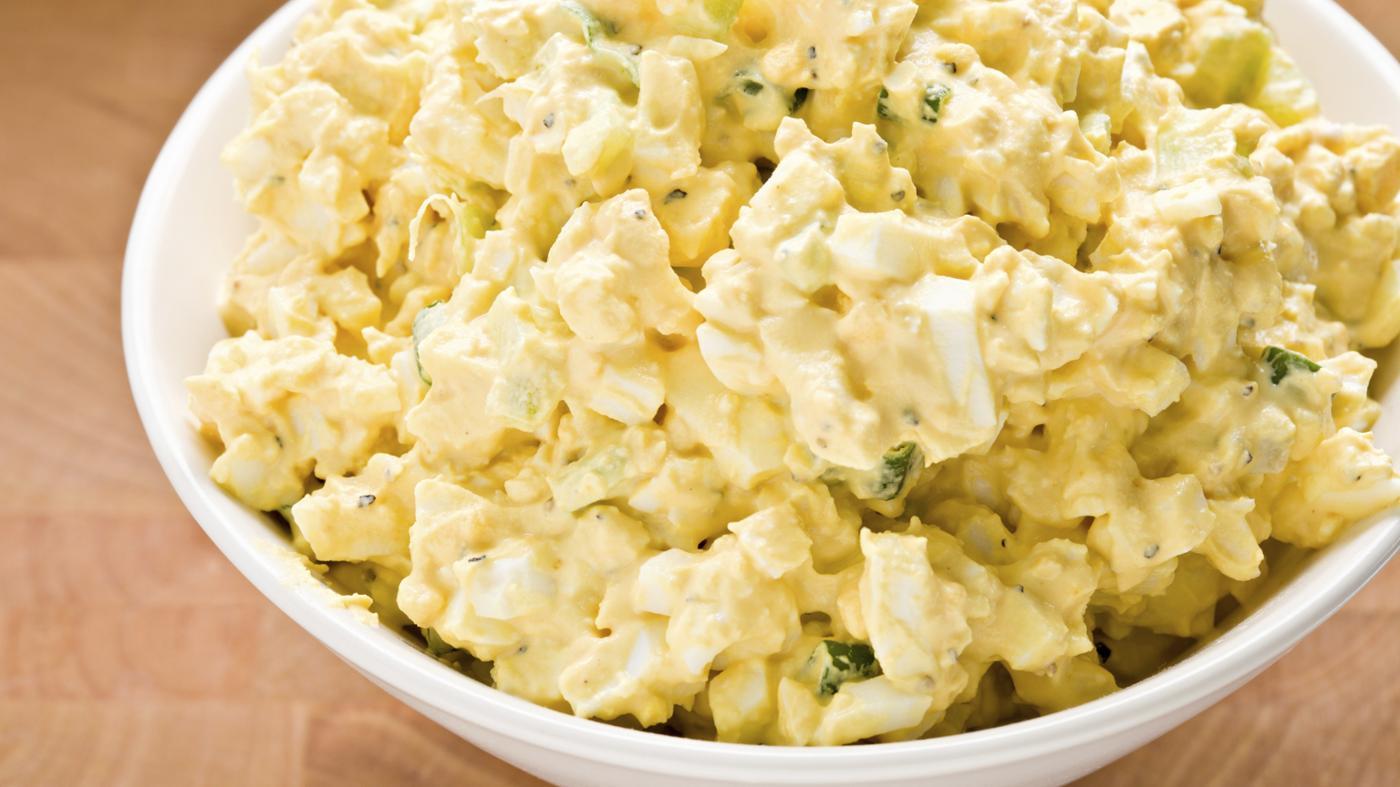
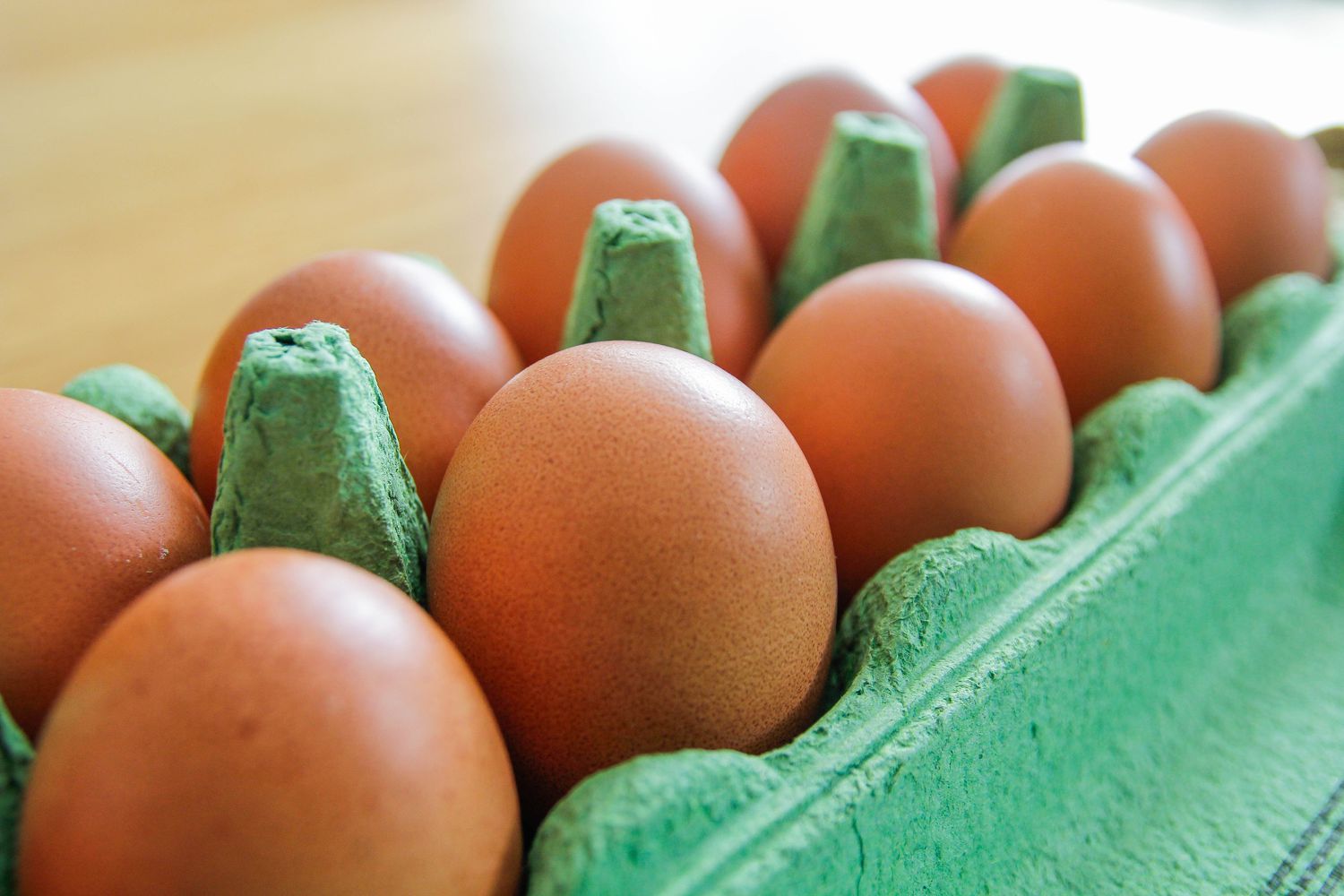
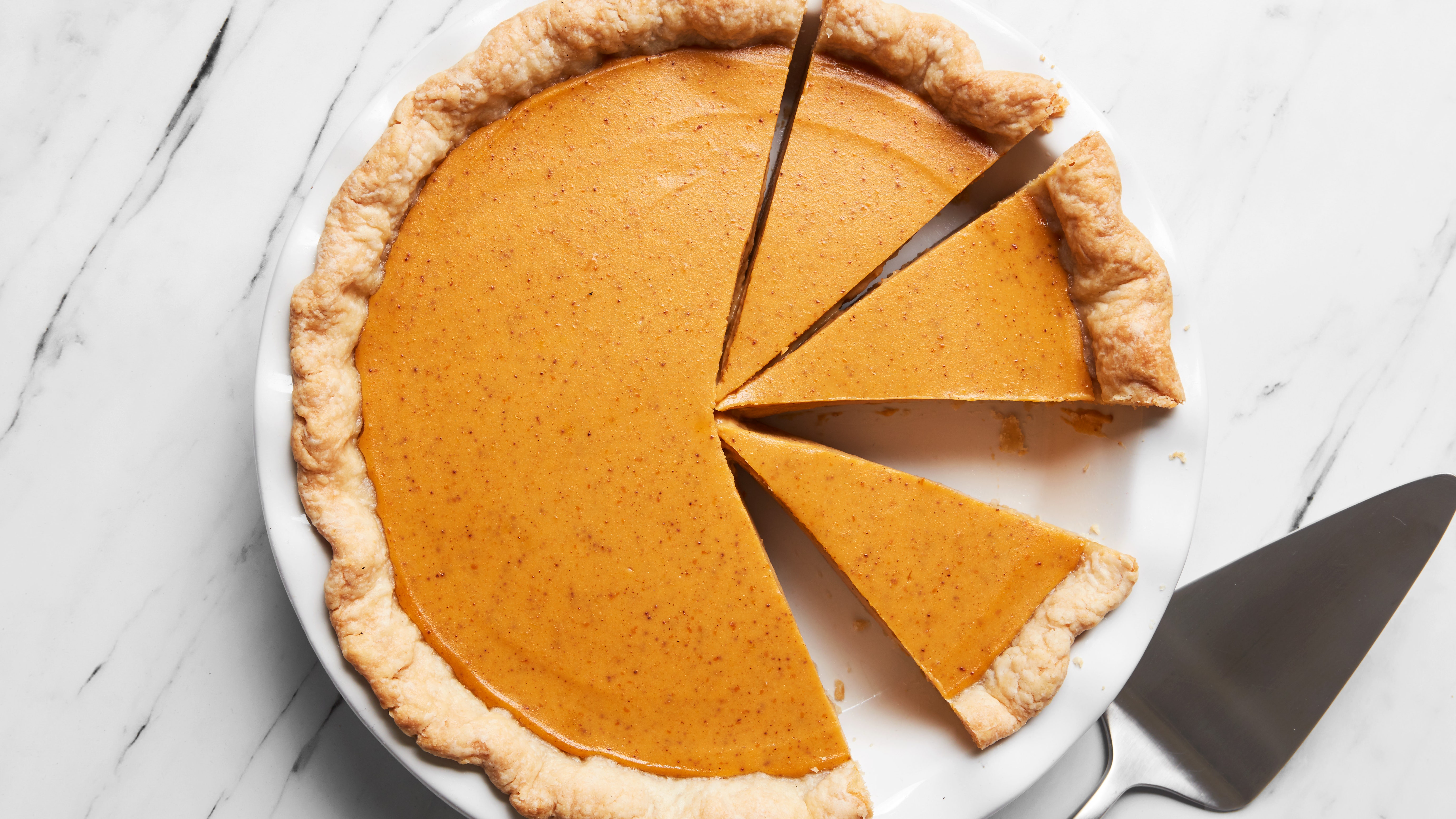


0 thoughts on “How Long Do Pickled Eggs Last In The Refrigerator”